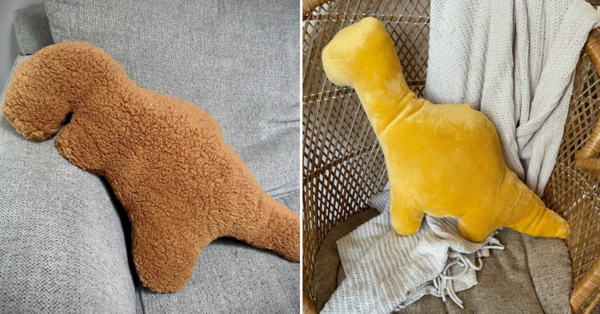Turns Out, Your Dog May Be Older Than You Think. Here’s Why.
If you have always been taught that a dog is 7 years old for every 1 year of human life, you are not alone. In fact, this has been the thought for years.

Turns out, this isn’t really the case, at all. Your fur baby may actually be older that she (he?) is letting on. What we once thought was a 1:7 year ratio, is a bit more complicated than we initially thought.

As people, and animals, age, the number and placement of methyl groups in the genome change. By mapping these, scientists can tell the age of an organism.
Yahoo News

I’m sorry, huh?

So, basically, scientists took blood samples from 105 dogs, to see if their blood work would show a difference in age similar to humans. Their findings were rather interesting.

Especially when dogs are young, they age rapidly compared to humans. A one-year-old dog is similar to a 30-year-old human. A four-year-old dog is similar to a 52-year-old human. Then by seven years old, dog aging slows, and a 12-year-old dog is 70 in human years.
Yahoo News

So, when we say that a 2-year-old dog is just acting up because it’s a teenager, that isn’t entirely accurate. It could be that the dog just needs better training.

Dang it, I can’t us the “Puppy” excuse with my dog anymore. My dog is 3. Ha!

This makes total sense, though. I mean, my dog had puppies when she was a little over 2. Under ORIGINAL thinking, she would have been about 14 in fur baby years. I was aghast that she was having puppies so young.

Turns out, she was closer to 40 in doggie years than 14 years old. I feel much better about that.

One drawback of the scientific mapping of dog’s age was, the scientists only used labrador retriever blood in the experiment. I can tell you from experience, all dogs age a bit differently. My little chihuahua didn’t live nearly as long as my brother’s mixed breed.

Scientists, however, believe that this new mapping of the aging process of the dog might be beneficial for humans.

Why you ask? Scientists can use the genetic mapping in pups as they age, to see if anti-aging treatments can work for humans — to see if the anti-aging treatments affect the genetic makeup of aging cells, altering the age of human cells.

How do you know if a product will truly extend your life without waiting 40 years or so? What if you could instead measure your age-associated methylation patterns before, during and after the intervention to see if it’s doing anything?
Dr Trey Ideker, professor at UC San Diego School of Medicine

So, I guess that’s good news for some people. We could soon thank our furry best friends for that lotion that makes us look 10-years younger.






